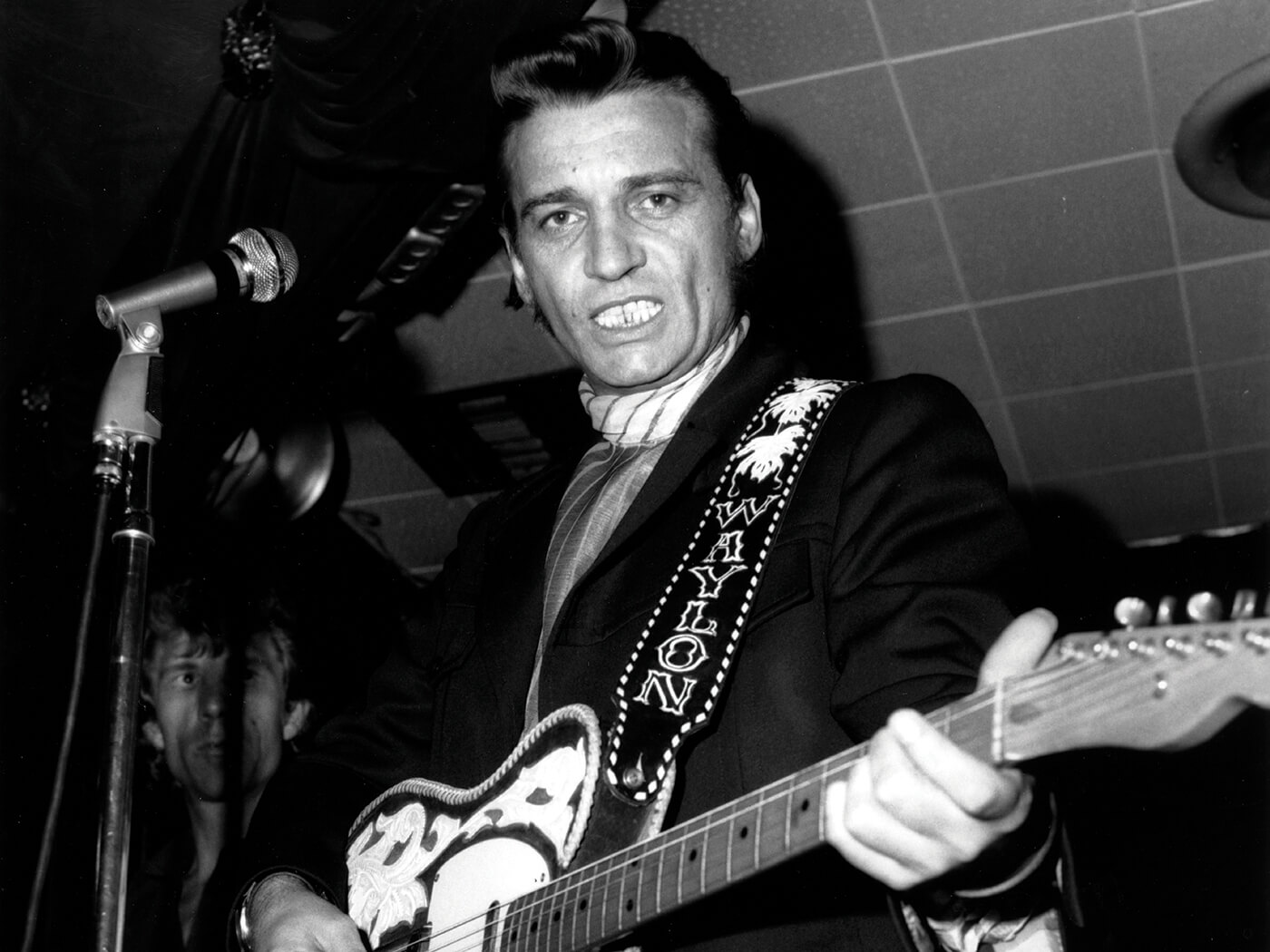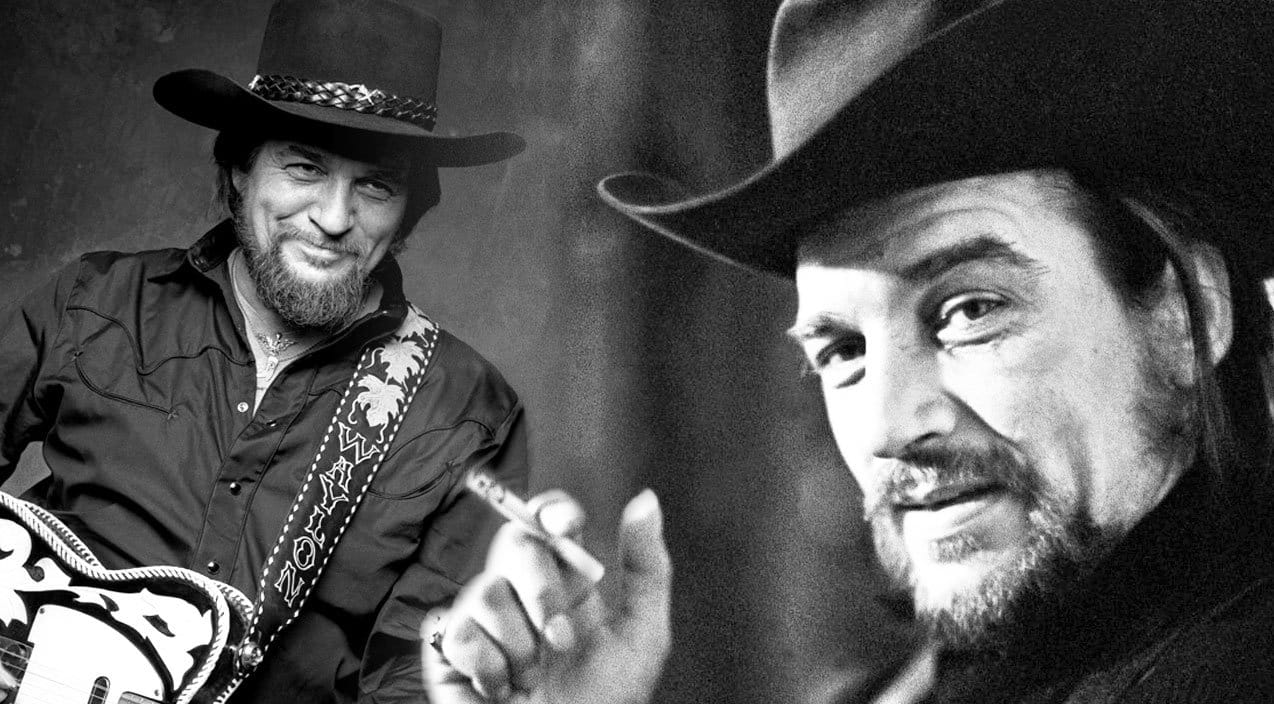Waylon Jennings: The Outlaw Legend & His Country Music Legacy
Was there ever a voice so distinctive, so defiant, that it redefined an entire genre? The answer, resoundingly, is yes, and that voice belonged to Waylon Jennings, the quintessential outlaw of country music.
The echoes of Waylon Jennings' influence still reverberate throughout the landscape of country music, a testament to his enduring legacy. His story isn't just about a singer; it's a narrative of rebellion, artistic integrity, and the unwavering pursuit of creative freedom. Jennings, alongside contemporaries like Willie Nelson and Kris Kristofferson, challenged the Nashville establishment, forging a new path and injecting a dose of grit and authenticity into a genre often criticized for its polished veneer.
Born in Littlefield, Texas, Waylon Jennings's journey to becoming a country music icon was anything but conventional. He started his career in the late 1950s, initially playing rock and roll, including a stint as a bassist for Buddy Holly. However, his path diverged from the mainstream, leading him to embrace a more raw, independent sound that would become synonymous with the outlaw country movement. Jennings's decision to distance himself from the polished production of Nashville and embrace a sound closer to his roots, coupled with his rebellious spirit, paved the way for a generation of artists who sought creative autonomy and a more authentic voice.
In a world dominated by meticulously crafted studio recordings, Jennings championed live performances and the authentic expression of his music. He favored a minimalist approach, often foregoing the elaborate arrangements favored by Nashville producers in favor of the raw power of his voice and the honesty of his lyrics. This approach, combined with his signature image of a black leather jacket and a defiant swagger, helped create an image that resonated with a generation of listeners who craved authenticity. The "outlaw" label, initially a marketing tool, quickly became a badge of honor, reflecting the artists' commitment to doing things their own way.
The outlaw country movement wasn't simply about a particular sound; it was a philosophy. It was about challenging the status quo, rejecting the rigid constraints of the Nashville music industry, and reclaiming artistic control. Jennings, with his partners in crime, Willie Nelson, Johnny Cash, and Kris Kristofferson, spearheaded this movement. Together, they forged a new path for country music, one that embraced elements of rock, blues, and folk, while staying true to the storytelling traditions of the genre. Their work wasn't just music; it was a cultural statement.
Waylon Jennings's impact wasn't limited to his solo work. He was a brilliant collaborator, and some of his most memorable recordings were made with fellow country music legends. The Highwaymen, a supergroup formed in 1985 featuring Jennings, Willie Nelson, Johnny Cash, and Kris Kristofferson, is a prime example of his collaborative spirit. Their album of the same name became a massive success, and showcased the collective power and artistic vision of the outlaw movement. These four titans of country music, each with their distinct styles and voices, came together to create a sound that epitomized the essence of outlaw country, celebrating the values of freedom, authenticity, and camaraderie.
One of the key aspects that defined Jennings's legacy was his unwavering commitment to his artistic vision. He fought for creative control, producing his own albums and demanding the freedom to record his music in the way he envisioned it. This independence, a rarity in the Nashville music scene of the time, was crucial to his success. It enabled him to stay true to his artistic principles and create music that reflected his life experiences and his unique perspective on the world. This commitment helped him break down the barriers between country, rock, and folk long before the outlaw movement took off. It was this tenacity that truly cemented his place as a pioneer of the outlaw country movement.
His discography is a testament to his talent and his impact on the genre. From his early work to the platinum-selling albums of the 1970s, Jennings consistently delivered music that resonated with a wide audience. Songs such as "I've Always Been Crazy," "Luckenbach, Texas," and "Waymore's Blues" remain country music staples, beloved by generations of fans. These songs capture the essence of the outlaw spirit: a celebration of independence, a touch of rebellion, and a deep connection to the traditions of country music.
Jennings's music transcended the boundaries of country music, appealing to fans of rock, blues, and folk. His unique voice, characterized by its deep, rugged timbre, became instantly recognizable. The raw sound of his music, with its gritty lyrics and honest storytelling, captured the essence of the outlaw spirit. His lyrics often reflected the realities of life, with themes of freedom, hardship, and the pursuit of one's own path.
Beyond his musical achievements, Jennings was also a cultural icon. His signature image, the black leather jacket, the long hair, and the no-nonsense attitude, became a symbol of the outlaw movement. He was an icon of rebellion, a figure who defied convention and lived life on his terms. This image, coupled with his music, helped to shape a new identity for country music, one that embraced authenticity and challenged the status quo.
In 2001, Waylon Jennings was inducted into the Country Music Hall of Fame, a fitting tribute to a man who had profoundly altered the course of country music. The honor recognized his enormous impact and the artistic contributions he had made. It was a recognition not just of his musical talent, but also of his courage, his integrity, and his unwavering commitment to his art.
Waylon Jennings, a true original, passed away in 2002, at the age of 64. He left behind a legacy of musical innovation and a profound influence on the genre. His impact can still be heard in the music of countless artists who followed, and his songs continue to be cherished by fans all over the world. His story is an inspiration to those who dare to challenge convention and follow their own path.
The impact of Waylon Jennings on country music is undeniable. He wasn't just a country music singer; he was a legend, a rebel, and one of the driving forces behind the outlaw country movement. His influence on the genre was immense, and his music continues to resonate with fans who were looking for something different from the polished country music coming out of Nashville.
| Bio Data | Details |
|---|---|
| Full Name | Waylon Arnold Jennings |
| Born | June 15, 1937, Littlefield, Texas, U.S. |
| Died | February 13, 2002 (aged 64), Chandler, Arizona, U.S. |
| Genres | Country, Outlaw Country, Rockabilly |
| Occupation | Singer, Songwriter, Musician, Actor |
| Instruments | Vocals, Guitar, Bass |
| Years Active | 19542002 |
| Labels | RCA Victor, MCA, Epic |
| Associated Acts | Buddy Holly, The Waylors, Willie Nelson, Johnny Cash, Kris Kristofferson, The Highwaymen |
| Notable Albums | Lonesome, On'ry and Mean (1973)Honky Tonk Heroes (1973) Dreaming My Dreams (1975)Wanted! The Outlaws (with Willie Nelson, Jessi Colter, and Tompall Glaser) (1976) Ol' Waylon (1977)The Highwayman (with Willie Nelson, Johnny Cash, and Kris Kristofferson) (1985) |
| Country Music Hall of Fame | Inducted in 2001 |
| Website | Waylon Jennings Official Website |
The outlaw country movement, which Jennings spearheaded, was characterized by its departure from the polished, commercial sound of mainstream country music. Artists like Jennings sought greater creative control and embraced a more raw, authentic style that incorporated elements of rock and roll, blues, and folk. They weren't afraid to address the darker aspects of life and to challenge the conventions of the Nashville music establishment.
The rise of outlaw country wasn't simply a trend; it was a cultural phenomenon. It reflected the changing times, the growing counterculture of the 1970s and early 1980s, and the desire for more authentic forms of expression. Artists like Jennings, Willie Nelson, and Kris Kristofferson fought back against the country establishment and forged a new path through country music.
The Highwaymen album, released in 1985, further cemented Jennings's role in the outlaw country legacy. This collaboration with Willie Nelson, Johnny Cash, and Kris Kristofferson brought together four titans of country music, each a pioneer in their own right. The album showcased the collective power and artistic vision of the outlaw movement, celebrating the values of freedom, authenticity, and camaraderie.
"Luckenbach, Texas (Back to the Basics of Love)" is a quintessential Waylon Jennings hit, embodying the essence of outlaw country music. Released in 1977, it became a signature song, reflecting the simple joys of life and the importance of connection and community. It's a song that continues to resonate with listeners, reminding them of the values of the outlaw spirit.
Waylon Jennings, the outlaw country artist, left an indelible mark on the music world. His legacy continues to inspire musicians today. His distinct voice, rebellious spirit, and raw honesty helped to redefine the sound of country music. His influence on country music is undeniable, and his songs remain country music staples. Waylon Jennings wasn't just a country music singer; he was a legend, a rebel, and one of the driving forces behind the outlaw country movement.


